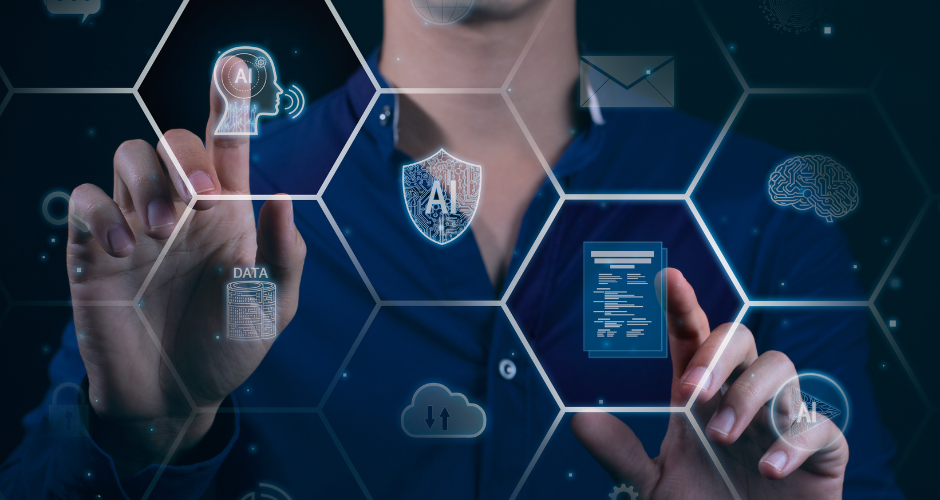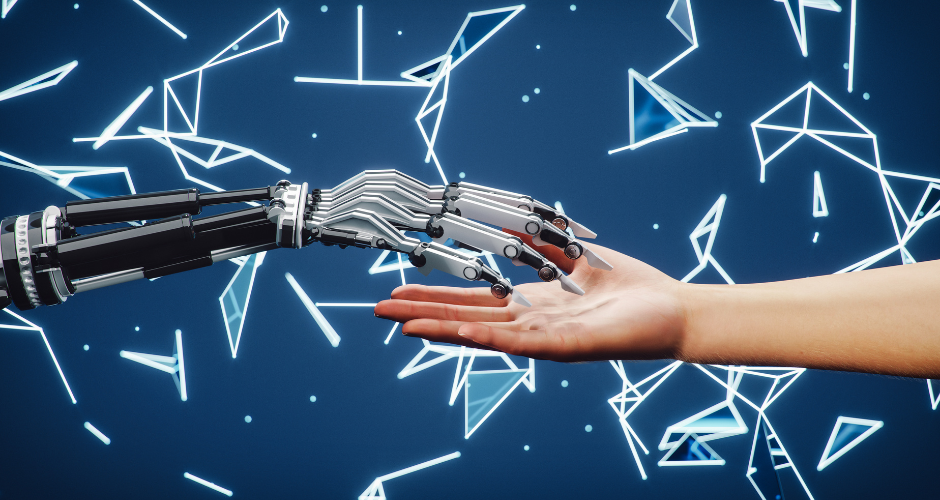Is AI going to replace human workers?

The question of whether AI will replace human workers is complex and multifaceted. While AI has the potential to automate certain tasks and jobs, leading to changes in the labour market, it’s important to consider several factors:
Task Automation vs. Job Replacement: AI is more likely to automate specific tasks within jobs rather than entire jobs themselves. This means that certain routine and repetitive tasks may be automated, freeing up human workers to focus on more creative, strategic, and complex aspects of their roles.
Augmentation vs. Replacement: In many cases, AI is being used to augment human capabilities rather than replace them entirely. AI can assist human workers by providing insights, automating repetitive tasks, and enhancing decision-making processes, leading to increased productivity and efficiency.

New Job Opportunities: While AI may lead to the displacement of certain jobs, it also creates new job opportunities in fields such as data science, machine learning, AI development, and AI ethics. These emerging roles require human expertise in areas such as problem-solving, critical thinking, and creativity.
Reskilling and Upskilling: As AI technologies continue to evolve, there is a growing emphasis on reskilling and upskilling the workforce to adapt to changing job requirements. Workers may need to acquire new skills and competencies to remain relevant in the labor market and take advantage of emerging job opportunities.
Ethical and Social Considerations: The widespread adoption of AI raises important ethical and social considerations, including concerns about job displacement, income inequality, algorithmic bias, and the future of work. Policymakers, businesses, and society as a whole must address these issues proactively to ensure that the benefits of AI are distributed equitably and responsibly.
In conclusion, while AI has the potential to automate certain tasks and jobs, it is unlikely to replace human workers entirely. Instead, AI is expected to reshape the nature of work, requiring a combination of human and machine intelligence to drive innovation, productivity, and economic growth. Adaptation, collaboration, and ongoing learning will be essential for navigating the changing landscape of work in the age of AI.